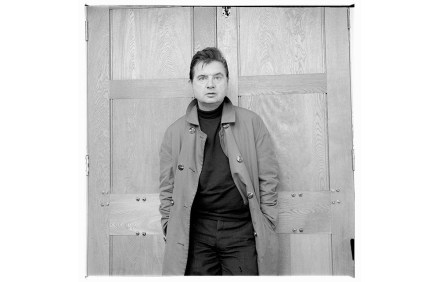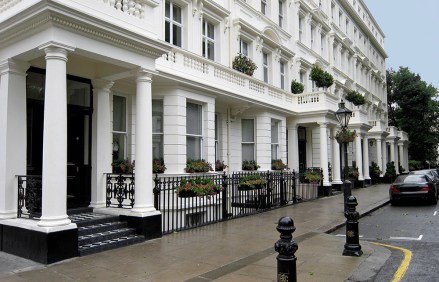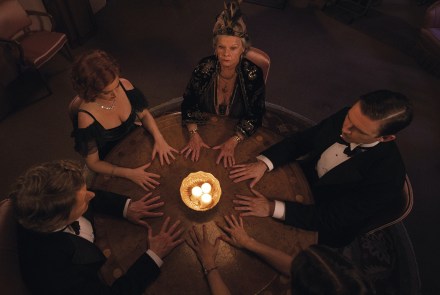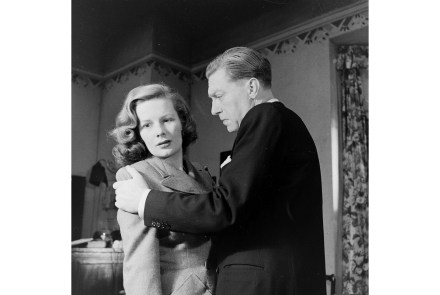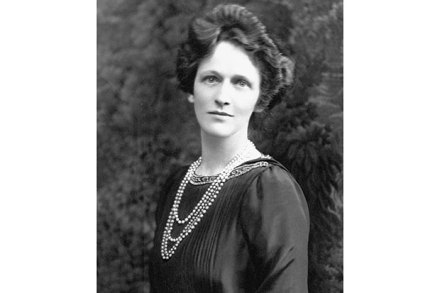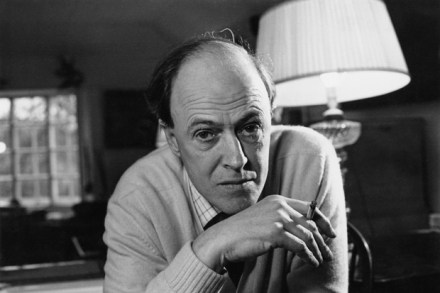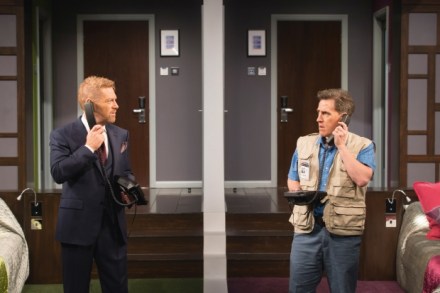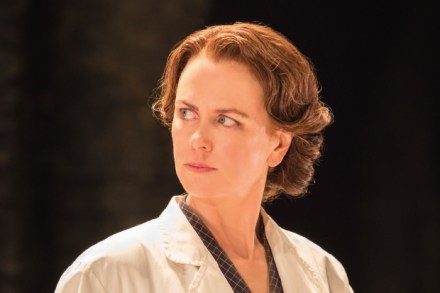John Deakin: the perfect anti-hero of the tawdry Soho scene
During the various lockdowns I found myself wondering how Iain Sinclair was coping with the restrictions. It seemed unthinkable that this unflinching punisher of pavements could be stuck with 30 minutes round the park. But, as it turns out, sequestering, in a fashion that only the Scots word ‘thrawn’ can do justice to, has resulted in the most archetypal Sinclair book yet. John Deakin is the pariah genius of the title. During the ‘brain-dead hibernation’ of the pandemic, Sinclair got a short-term loan of ‘17 albums of John Deakin’s photographs, fresh prints made from recovered contact sheets; a substantial history of his labours, a flickbook parade of the stunned and
